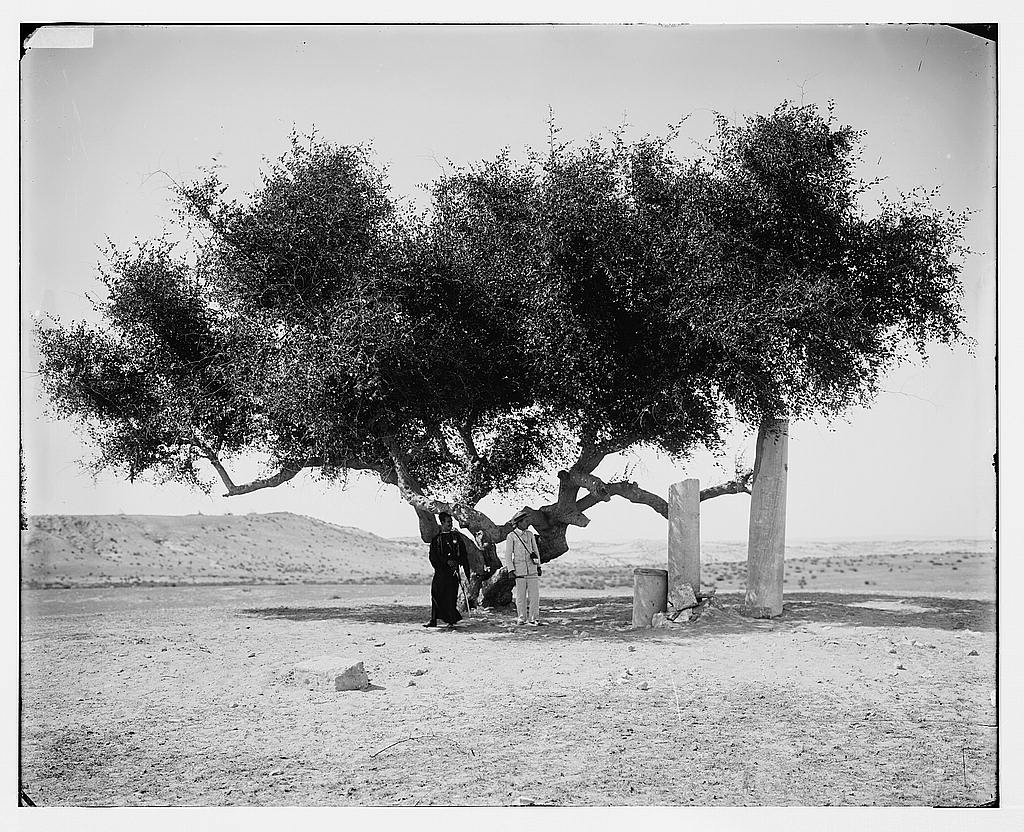Impossible Ethnographies: Notes on Israel’s Blockade of Palestinian Ethnography
Impossible Ethnographies invites reflections on dream ethnographic projects about/in Palestine that cannot be conducted because of Israeli restrictions on border entry and internal movement. Submit your contribution here.
Israeli restrictions have real material effects on scholars’ research agendas and indeed on the very possibility of undertaking research in Palestine. Closure and visa policies have wide implications for where and what is studied in the Anthropology of Palestine, and who can conduct that research. Scholars face local limitations such as denial of movement and are thereby prevented from entering broader conversations. These restrictions thus have a quieting effect on scholarship in general when they shape what is researchable.
Insaniyyat invites reflections on two possible experiences: 1.) Externally: Scholars located overseas attempting to enter in order to do their research in Palestine who are dissuaded from such research due to visa policies or the threat of a lack of access, including over the duration of time required for an ethnographic project; 2.) Internally: Palestinian scholars located within Palestine, but unable to access and undertake research in its other fragmented spaces. Simply put, West Bankers can only undertake research in the West Bank; Gazans can only undertake research in Gaza; neither of the former can undertake research in Jerusalem or in ‘48 areas – and no one but Gazans can undertake research in Gaza.
To confront these restrictions, we ask for contributions from anthropologists of reflections on the experience of ethnographic projects made impossible. This can take the form of 1.) a short 250-300 word abstract elaborating a specific project, or 2.) a longer narrative such as a first-person testimony, a reflective blog form, among other possibilities. We ask that contributions of abstracts or longer narratives also include a biography that explains how the project was made impossible. Contributions may be signed or anonymous as long as they demonstrate the real limitations Israel puts on both the academic practice and imagination of ethnographic research by and about Palestinians.
My Impossible Ethnography: Gaza’s Great March of Return
by Amahl Bishara
What do Nakba commemorations mean across so many different Palestinian places, and what do they do these dozens of years after Palestinians’ mass dispossession? I spent several springs attending as many Nakba Day commemorations as possible in cities, towns, and refugee camps. The multiplicity of sites of commemoration became a focus for me. Even though Palestinians cannot gather in one place due to Israeli restrictions on movement, and despite the many differences in their political statuses and everyday circumstances, Palestinians insist on commemorating the Nakba of 1948 and the many ongoing Nakbas of dispossession. Coming together in so many different places, Palestinians learn about the specificities of loss and struggle.
Diary: An Inventory of Rejections
by Hadeel Assali
This is my first time collecting in one place all my failed attempts to access Gaza through ‘official’ means. The total came to nine rejections for entry since 2005. We Palestinians tire of these stories – our own and others’. Everyone has them (to very different degrees), and it is unpleasant to recount them or to relive someone else’s experience. I am a perpetual list-maker; lists give order to things and the (false) sense of having things under control. Maybe this is why it felt easiest to offer an inventory. In drawing this list up from diaries, letters, fieldnotes, and my travel companions’ memories, I am stunned at how much I had forgotten – or absorbed. I am still shocked at how normalized and mundane these experiences have long been for Palestinians. Everyone would rather just tuck away and forget the disempowerment and humiliation meted out at borders and checkpoints. But maybe some forms of remembering – such as this list – can serve a purpose, even if simply to contribute to the inventory that Edward Said advised Palestinians to keep and to document the ongoing dispossession all Palestinians face by Israel and its complicit allies and institutions.
A protest on Nakba Day in Al-Walaja, 2014. Photo credit: Amahl Bishara.
Rafah Border as Tree. Image credit: Library of Congress


